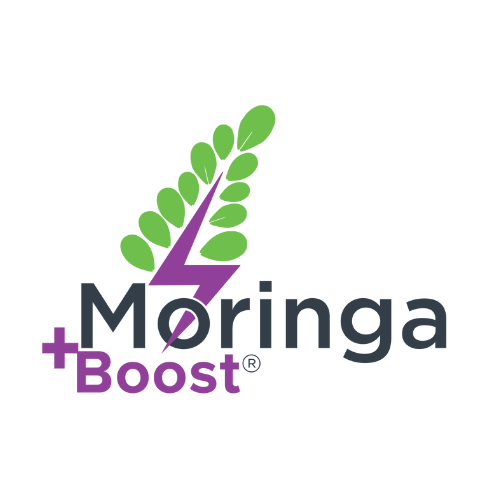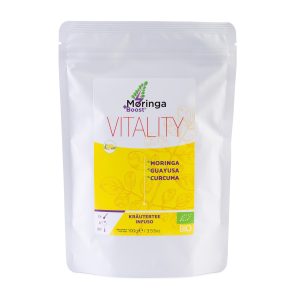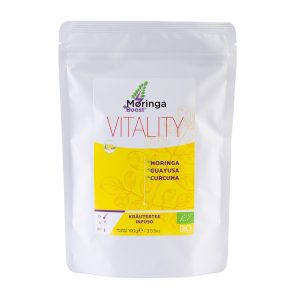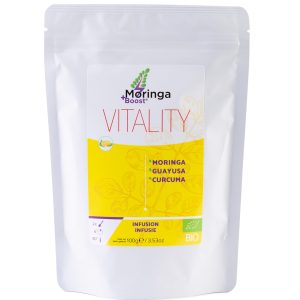Menopause is a natural stage in every woman’s life, a time of transition that generally occurs between her late forties and early fifties. However, the way she is perceived varies considerably from one culture to another.
In Western countries, women are often confronted with stigma and pressure regarding this natural process, with the misconception that it is an expiration date for the female body. On the other hand, in many Eastern countries, such as Japan, this stage is perceived in a much more positive light and integrated into women’s lives.
In this article, we’ll explore how menopause is viewed in Eastern countries, highlighting the positive aspects of this period and challenging Western prejudices.
● Menopause in the West: Myths and Stigma
As they approach 50, many women anticipate menopause with apprehension, dreading symptoms such as vaginal dryness and weight gain. The WHO stresses the importance of deconstructing the myths surrounding menopause, for a more enlightened and less stigmatizing approach.
Menopause has long been surrounded by myth and prejudice in the West. It was seen as the end of youth, fertility and beauty. Women often face social and media pressure to stay young at all costs. Entire industries have developed around the fight against the signs of aging, from hormone treatments to cosmetic surgery, reinforcing the idea that menopause is something to be feared.
This Western view has also fuelled the myth that this phase signifies the end of women’s sex lives, creating unnecessary pressure on women at this already delicate time in their lives. These stereotypes also have implications for women’s mental health, with increased rates of depression and anxiety linked to menopause.
● Menopause in Japan: A different approach
In comparison, many Eastern countries, including Japan, have a more positive outlook. Menopause is not seen as the end of youth, but rather as the beginning of a new stage in life. Japanese women see this as a natural and necessary transition to wisdom and maturity.
One of the reasons for this positive approach lies in the way Japanese culture perceives aging in general. Japanese culture places great importance on wisdom and respect for elders, so menopause is often seen as a step towards a new level of respect and admiration. Mature women are valued for their life experience and knowledge.
In Eastern countries, the menopausal woman is often seen as a source of wisdom, not as a victim of sleep disorders or other symptoms of this chapter of life.

● Positive aspects of menopause: liberation and autonomy
Menopause can be a time of liberation for many women. With the end of monthly periods and contraception, many women find a sense of freedom they haven’t experienced for decades. This period allows women to focus on themselves, pursue passions long put aside and explore new opportunities.
After the menopause, many women report an improvement in the quality of their sexual relations, freed from worries about fertility.
Financial independence is also a positive aspect of menopause. Women no longer have to spend money and energy on contraception or pregnancy-related health care. This can mean greater independence and the ability to pursue personal and professional goals with greater freedom.
Regular physical activity is encouraged to improve the health of menopausal women, reducing the risk of stroke and chronic disease.
● Community and family support
Eastern countries, including Japan, often attach great importance to intergenerational solidarity. Menopausal women benefit from ongoing support from their families and communities. Instead of being marginalized, they are seen as pillars of wisdom and experience.
Family support is essential to help women through this stage of life. Mothers, daughters and friends play an active role in the lives of menopausal women, sharing their experiences and offering a listening ear. This social structure provides an emotional safety net that enables women to get through this stage with confidence and positivity.
Menstrual cycles come to an end, but the support of a healthcare professional becomes crucial to managing menopausal symptoms and maintaining optimal long-term quality of life.
● Challenging the Western stigma of Menopause
It’s high time we challenged the stigma attached to menopause in the West. Rather than seeing this stage as the end of youth, we should celebrate it as the beginning of a new stage in life. Women shouldn’t feel compelled to fight aging artificially, but rather embrace their maturity with pride.
Climacteric should not be seen as the end of sexual life, but as an opportunity to redefine and enrich sexuality. Many women report greater sexual satisfaction after menopause, free from the worries associated with contraception.
● Education and awareness
Implementing global health education on menopause could transform the perception of this natural transition and promote healthy aging.
Education plays a key role in how the female cycle is perceived. It’s essential to inform women about the hormonal changes that accompany menopause and encourage them to talk openly about their experiences. Healthcare professionals must also play an active role in raising awareness, providing accurate information and helping women to manage symptoms if necessary.
● Natural supplementation
So yes, it’s true that a woman’s body is changing and needs to be protected during this transition phase to prevent osteoporosis, vascular disorders, skin aging and reduce fatigue.
Moringa leaf is increasingly recognized as a potentially anti-inflammatory dietary supplement, helping to alleviate symptoms such as vaginal dryness. Used as a dietary supplement, it can help improve the health of menopausal women, notably by preventing chronic diseases.
That’s why the MoringaBoost brand has developed a dietary supplement based on moringa, acerola, angelica and lemon balm, specifically designed for women in menopause and post-menopause.
The Vitamins B6, B12, C, D and K1, as well as Magnesium, Iron and Calcium found in MoringaBoost MENOPAUSE gel sticks are the elements a woman’s body needs during this new phase of life.
On the other hand, MoringaBoost VITALITY herbal tea with moringa, guayusa and turmeric provides a healthy dose of natural antioxidants and energy. The benefits of moringa have been combined with the energizing power of guayusa, rich in slow-release caffeine, and the anti-inflammatory power of turmeric, all scented with lemongrass and lemon zest.
● Conclusion
It is essential that healthcare professionals implement strategies to support menopausal women, promoting a healthy and positive transition.
Menopause should not be seen as the end, but as the beginning of an exciting new stage in a woman’s life. Eastern countries such as Japan have adopted a positive approach to this stage of life, valuing the wisdom and experience of menopausal women.
It’s time for the West to question its prejudices and its capacity to stigmatize, to enable women to experience this period in a more fulfilling way. Menopause is a natural stage, and it’s time we embraced it as such, celebrating the life, wisdom and maturity of women.
● References
- Perception culturelle de la ménopause au Japon : Cultural construction of the menopausal syndrome: the Japanese case — ScienceDirect.com
- Experiencingmenopause in a cultural context: Menopause in cultural context — ScienceDirect.com
- A Positive Approach to Menopause: Menopause and Midlife Aging in Cross-Cultural Perspective: Findings from Ethnographic Research in China — PubMed





